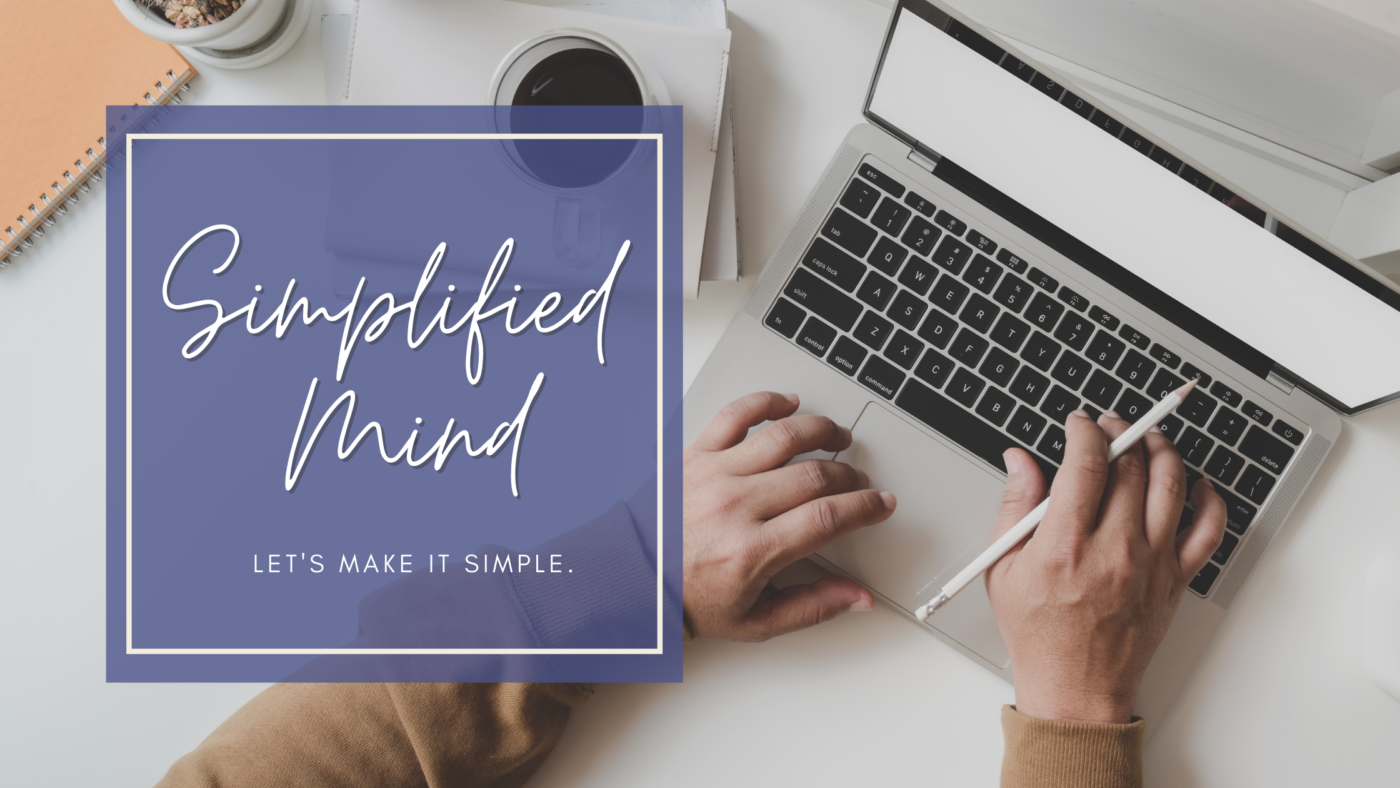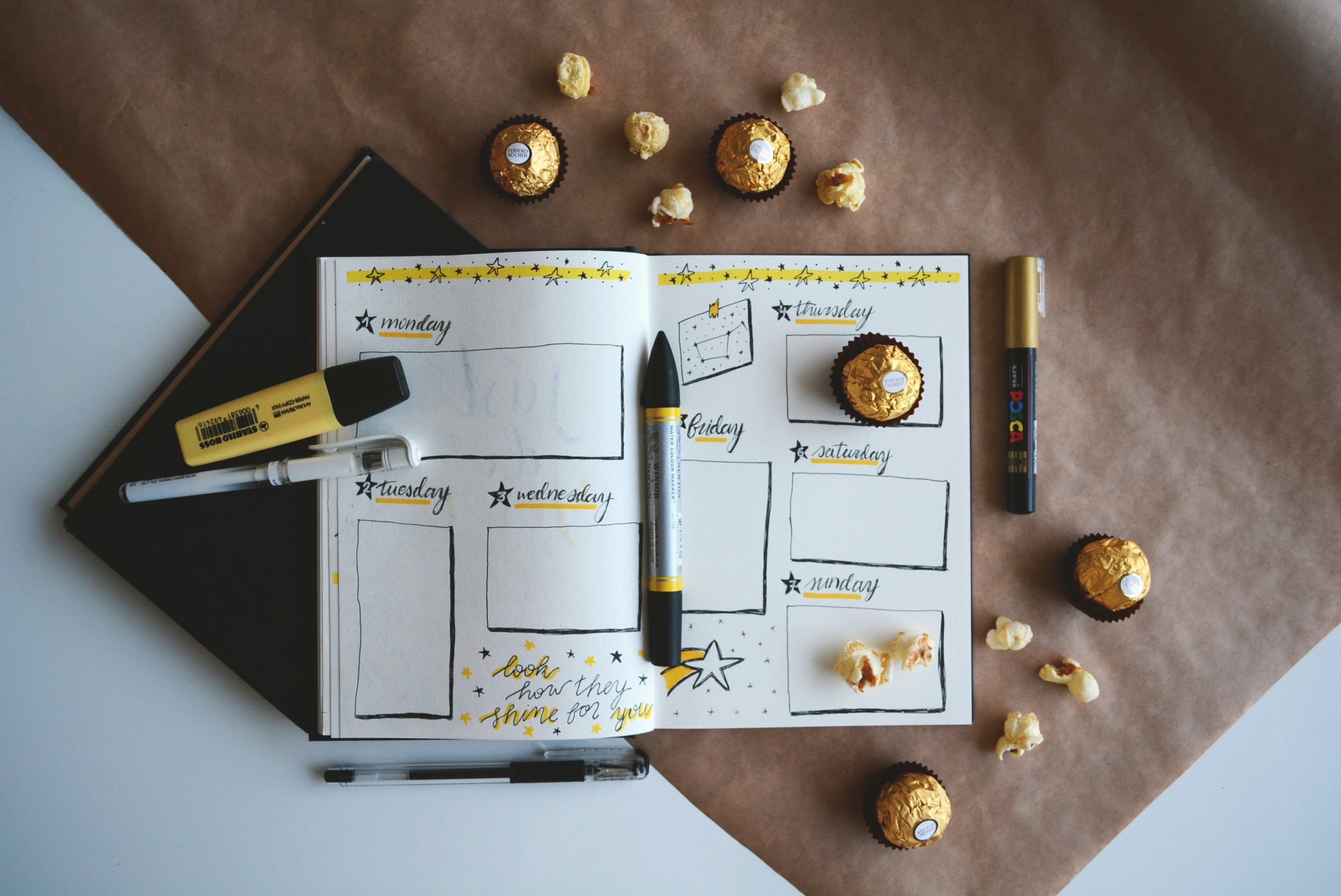I have started having an interest in productivity apps during the time I was working as a teacher and started pursuing my master’s in counseling. It was really tough to juggle things especially when life happens while you’re busy with life. Persisting to thrive during the difficult times lead me to more and more misery thinking “I am not enough.” Thus my journey towards self-help has started.
Getting things done has been my mantra. I suddenly found myself unaware that I consume countless of hours watching various YouTube tutorials on using a specific app that promises me to be more productive. Furthermore, spending some cash here in there trying their premium subscriptions to see whether the promise is true or not.
My journey in search of the perfect productivity apps

The year 2008 when Apple launched the App Store with around initial 500 applications available. Developers were able to make various apps that could help us how to be more productive with our lives. The world is constantly evolving and so as people’s needs. There has been a tagline that says, “there is an app for that” which in turn allows people to be more mobile than ever before. In my search of the “best apps” to optimized my life, I have learned a few things about it.
Productivity Apps won’t make you more productive

Experiencing buyer’s remorse after I have tried paying for a premium feature of an app is terrible. One of the things I have learned after my experiment is that apps won’t make me more productive. An app may be promising but apps are just tools.
Tools are meant to take us from one point to another. Done. It doesn’t do the magic trick of turning you into a productivity machine once you have paid a premium for the app. Heck, if I have known this earlier, I might have been able to save more money. A hammer won’t make the nail go through the wood if you won’t do the work! It is still me who is the one who wields these tools and will be able to make it work if I decide to work on the task.
Being productive does not need fancy tools. The right question to ask is “can it help me get the job done?” I have wasted was searching and learning about productivity apps but I don’t get actual work done. How I wish that the time I have spent for so much exploration and experimentation resulted to actual output that could have had added value in my life.
Productivity Apps were developed with an intended design

Developers have worked so hard to make an app that would work for what they intended it to be. Not you intended for it to be. Try to Google “Best to-do list apps” or “best calendar apps” and you will outright see a ton. You might see the common few apps which appear on almost every site because really gets the job done.
We need to understand that our agenda might not be the developer’s agenda. For example, there are several to-do list applications that are designed to work using the Getting Things Done (GTD) System. It might work for others who are already aware and into GTD but for those who want a minimalist to-do list apps might find it unwieldy for them.
My suggestion here is that a person must determine first what productivity system must be followed before choosing an appropriate productivity tool that goes with it. Otherwise, it will seem like kicking against the goads when we go against the intended design of a specific app.
Productivity Apps may become a distraction

Life is what happens to you when you are busy planning about it. – John Lennon
I used to have the shiny new object syndrome wherein I always try the newest features from different productivity apps. Much worse is I jump from one app to another. I’m not sure if I’m alone in this, but I have switched from Evernote to Notion and back to Evernote or to another note-taking app multiple times. The cost of switching your system over to another tool is higher than actually getting work done.
What I did was I just simply tried to pause and analyze each apps’ purpose and align it with my values. Choosing a productivity app can get very tricky because there are a lot of things that we need to consider. I guess this is the reason why I ended up sticking with the Bullet Journal Method because I have always greeted a fresh start each day through my daily logs. Bullet Journaling has allowed me to customize my own productivity system according to my liking.
Another reason a productivity app can be a distraction is through notifications. Notifications, when we need them, are very helpful to remind us of the things that are important. However, relying so much on notifications might allow us to miss a deadline if are not careful about it. I feel bad about being unprepared for a meeting sometimes because I just got notified on that day that I have a meeting. It seems like it just got my attention without the meeting being part of my intention
Final Thoughts:
I think productivity apps really work if they can help us get actual work done. Furthermore, it helps us to be more intentional about our use of it and also to agree to the developers’ intent with regards to a specific app. My journey in the search for a perfect productivity tool continues because I think it is in constant evolution. Humans keep on evolving together with our needs on how to get things done. I think there will always be a new shiny object for productivity nerds like me to try. But for now, I think the technology that I use is sufficient for my needs.




